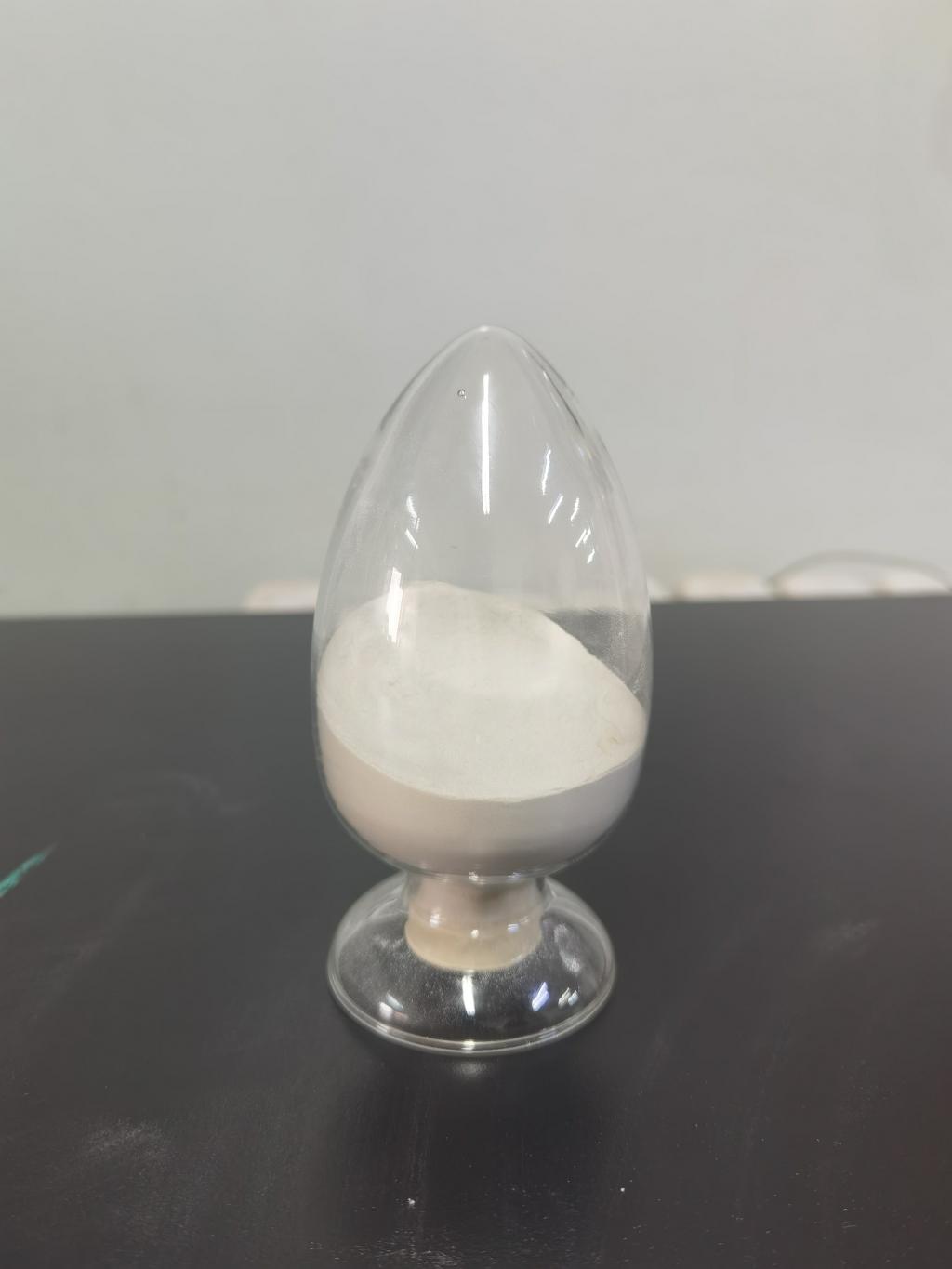Tel:+8618231198596

News
 CONTACT
CONTACT
 CONTACT
CONTACT
- Linkman:Linda Yao
- Tel: +8618231198596
- Email:linda.yao@dcpharma.cn
- Linkman:CHARLES.WANG
- Department:Overseas
- Tel: 0086 0311-85537378 0086 0311-85539701
News
Harnessing Nisin for Innovations in Food Technology.
TIME:2023-11-14
Properties of Nisin:
Antimicrobial Activity:
Nisin's primary function is to inhibit the growth of bacteria, especially those known to spoil food or cause foodborne illnesses.
Its mode of action involves binding to lipid II, a precursor of bacterial cell wall synthesis, disrupting cell membrane integrity and leading to cell death.
Heat Stability:
Nisin exhibits remarkable stability at high temperatures, making it suitable for applications in food processing that involve heat treatment.
Wide pH Tolerance:
Nisin remains active over a wide range of pH levels, enhancing its versatility in various food matrices.
Synergistic Effects:
Nisin has been found to work synergistically with other antimicrobial agents, potentially reducing the overall concentration of preservatives needed in food products.
Applications of Nisin in Food Technology:
Dairy Products:
Nisin has been successfully employed in the preservation of dairy products, such as cheese and yogurt, inhibiting the growth of spoilage and pathogenic bacteria without affecting the desirable microbial flora.
Meat and Poultry:
The antimicrobial properties of nisin make it an ideal candidate for extending the shelf life of meat and poultry products, preventing the growth of bacteria responsible for spoilage and foodborne illnesses.
Beverages:
In the beverage industry, nisin has shown promise in inhibiting the growth of spoilage microorganisms and extending the shelf life of both alcoholic and non-alcoholic beverages.
Bakery Products:
Nisin's heat stability makes it suitable for incorporation into baked goods, providing an additional layer of protection against spoilage organisms.
Processed Foods:
Various processed foods, including canned and ready-to-eat products, can benefit from nisin as a natural preservative, reducing the reliance on synthetic additives.
Challenges and Considerations:
Regulatory Approval:
Despite its natural origin, regulatory approval for the use of nisin varies across regions. Harmonizing regulations is essential to facilitate its widespread adoption in the food industry.
Consumer Perception:
Educating consumers about the safety and benefits of nisin is crucial, as some may be hesitant to accept a peptide as a food preservative.
Interaction with Other Ingredients:
Understanding the potential interactions between nisin and other food ingredients is essential to ensure its efficacy and stability in different formulations.
Future Prospects and Innovations:
Biotechnological Production:
Advances in biotechnological methods, such as fermentation and genetic engineering, offer the potential to enhance the production efficiency of nisin, making it more cost-effective for widespread use.
Combination Approaches:
Researchers are exploring the combination of nisin with other natural antimicrobial agents or innovative technologies, such as nanotechnology, to create synergistic effects and improve overall preservation.
Tailored Solutions:
Tailoring nisin formulations for specific food products and optimizing its concentration based on the characteristics of the food matrix can maximize its effectiveness.
Conclusion:
Nisin represents a remarkable tool in the arsenal of natural food preservatives, offering an environmentally friendly alternative to traditional chemical additives. Its diverse applications, coupled with its natural origin and effectiveness, position it as a key player in the future of food technology. As research and innovation in this field continue to evolve, harnessing the full potential of nisin can pave the way for safer, longer-lasting, and more sustainable food products.
- Tel:+8618231198596
- Whatsapp:18231198596
- Chat With Skype







